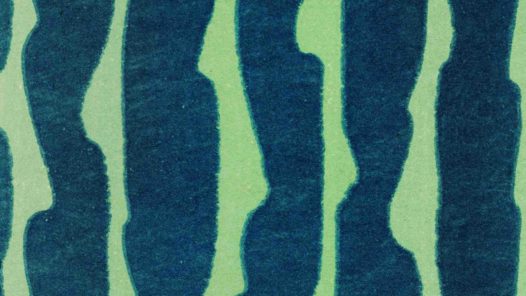A native Japanese speaker is mystified by the expression “happy as a clam.” In Japanese, she says, if you had a good night’s sleep you might say you “slept like a clam” or “slept like mud.” So why do English...
Quiz Guy John Chaneski has a word puzzle called “Novel Novels,” in which he gives clues to the names of novels similar to familiar ones, except for one letter. Try this one: “This offbeat novel is based on an incident concerning a...
In Philadelphia, the expression the big mahoff, means “a bigshot,” as in “Who do you think you are, the big mahoff?” But just what is a mahoff? This is part of a complete episode.
Do you know this diabolical riddle? “There are three words in the English language that end in -gry. Angry and hungry are two of them. What’s the third?” The hosts explain that the answer’s not as simple as you might think...
When you’re late for something in Johannesburg, you can always say you were “held up by robots” and no one will think twice. That’s because in South Africa, a robot is a traffic light. The hosts discuss this and other terms...
Here’s a riddle: “Nature requires five, custom gives seven, laziness takes nine, and wickedness eleven.” Think you know the answer? You’ll find it in this week’s episode, in which Grant and Martha discuss this and other...







